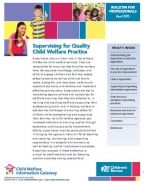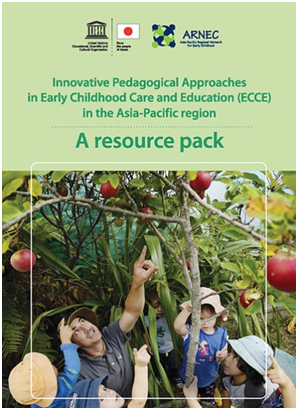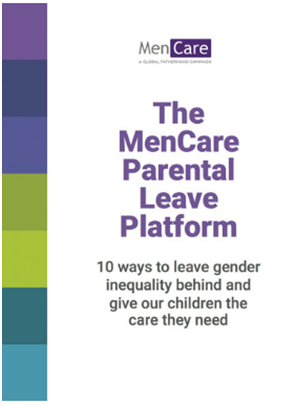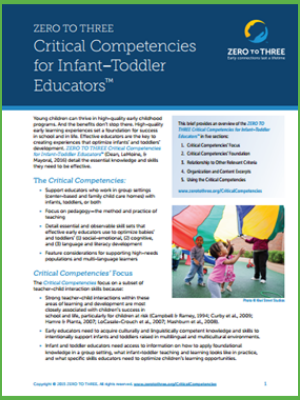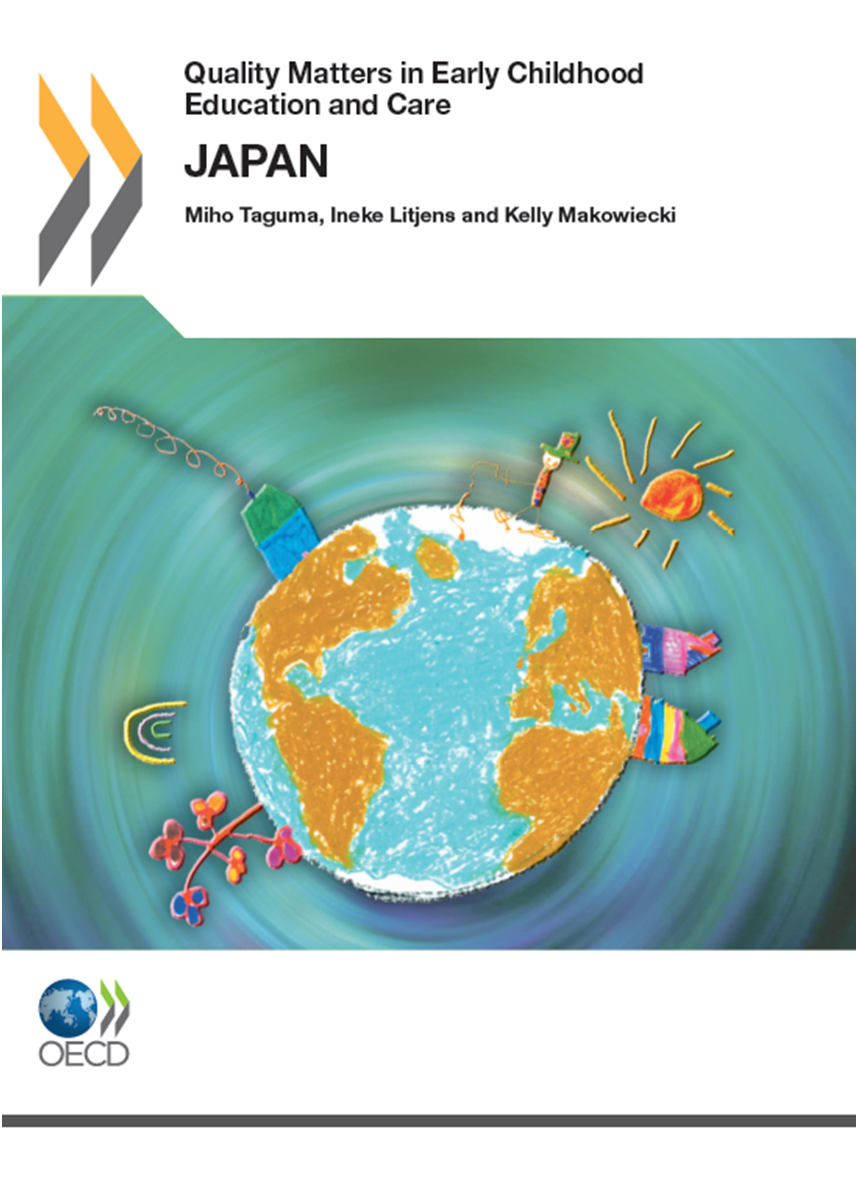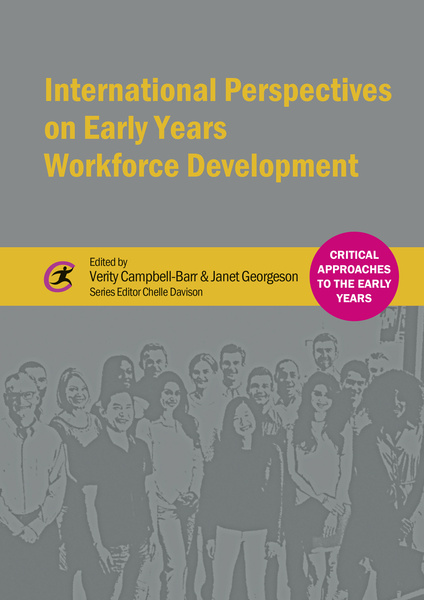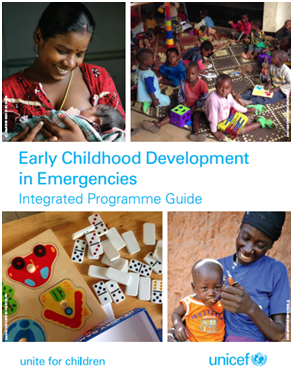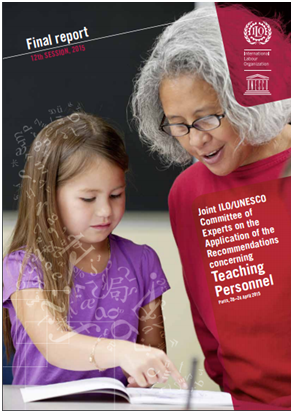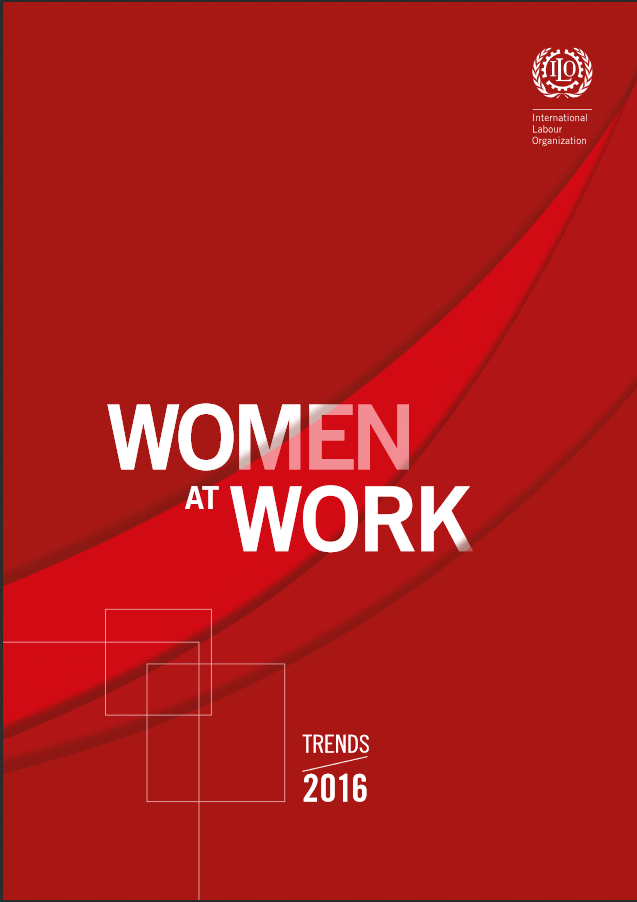Summary:
This report is an important contribution to the Women at Work Centenary Initiative. It gives a picture of where women stand today and how they have progressed in the world of work over the last 20 years, and of the root causes of inequalities and how they should be tackled based on what works and the guidance provided by international labour standards. It shows that, despite some encouraging advances, major gender gaps at work remain. Increasing gender parity in educational attainment does not prevent women from being concentrated in middle to lower-paid occupations that reflect traditional gender stereotypes and beliefs about women’s and men’s aspirations and capabilities. While sectoral and occupational segregation and differences in working time contribute to the gender wage gap, the report turns the spotlight on the role of the discrimination that further exacerbates labour market inequalities, including the persistent differences in access to social protection between women and men. The report also discusses the extent to which measures to recognize, reduce and redistribute unpaid household and care work in families and societies affect women’s access to quality work and social protection. It shows how work-family policies aligned with international labour standards can help to remedy inequalities and to transform the gender-based division of labour at home.
The report aspires to support a renewed and reinforced global commitment towards gender equality at work, as part of the 2030 Agenda for Sustainable Development. It is also hoped that the report will be of use to ILO constituents in their efforts to identify, in their specific contexts, the policies that are most conducive to the attainment of substantive equality between women and men, combining increased economic growth with decreased income inequality.
Authors:
International Labor Organization
Year of Publication:
2016
